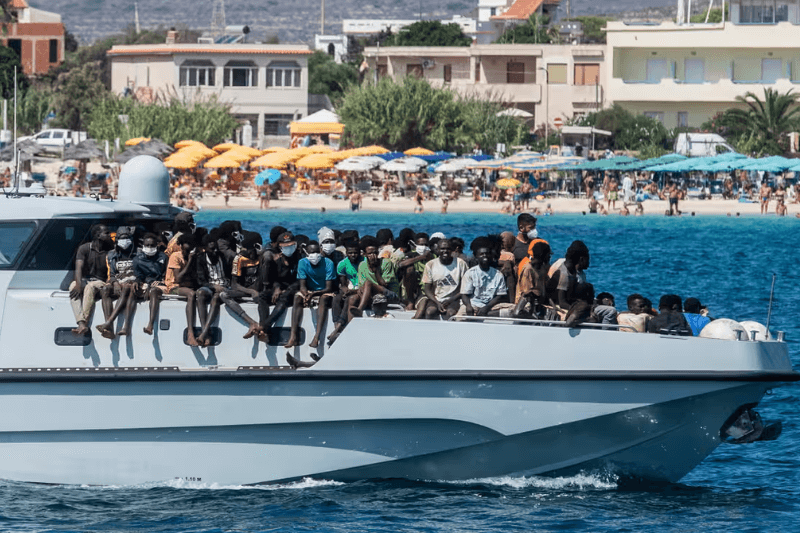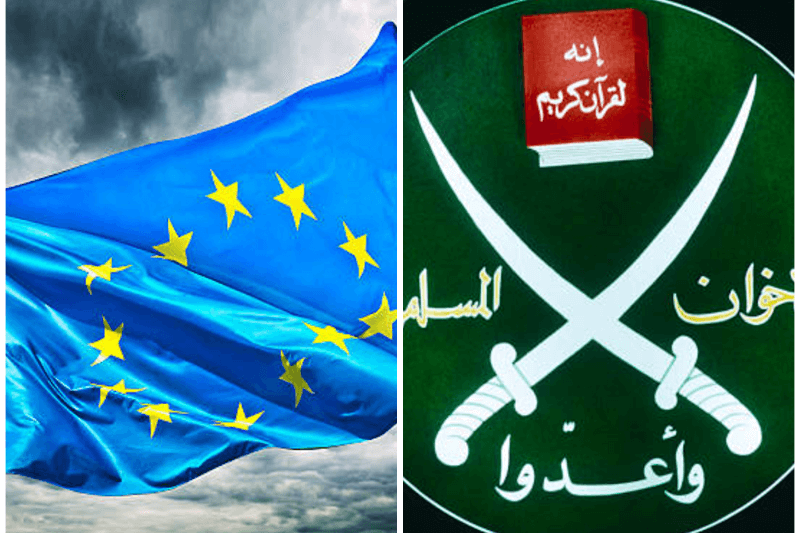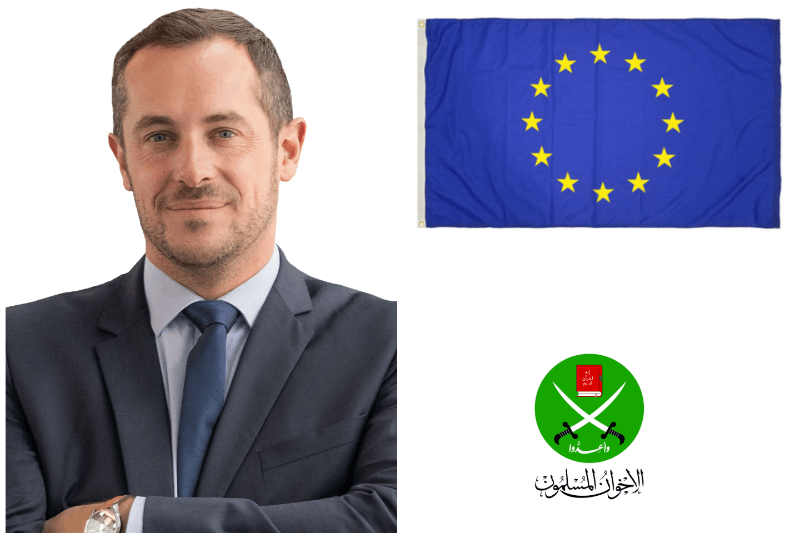
Historic Deal Reached To Share The Burden Of Migration Across The Entire EU
The EU sealed a historic agreement early on Wednesday morning on how member states will manage a sudden rise in asylum seekers in the event of war, natural disaster, or climate crisis.
The new rules will allow frontline states to fast-track asylum applications and move migrants swiftly to other countries across the bloc.
The pact is expected to help avoid a repeat of 2015 when 1 million refugees entered the EU from Syria and beyond, leading to some countries accepting far more people than others.
Germany And Italy Agree On A Compromise
The deal was struck after Germany and Italy overcame a clash that encapsulated the differing approaches of European governments to tackling migration.
Spain had hoped to reach an agreement last Thursday, but Italy said it would not support the deal after two clauses were drafted to satisfy German concerns about human rights.
Italy wanted a clause allowing for minimum standards in detention centres to be breached in the event of a crisis increase in arrivals, which Germany had objected to.
Keep Reading
Accelerated Registrations And Asking For Support
Austria, Slovakia and the Czech Republic abstained from voting, while Poland and Hungary voted against. Nonetheless, the law must still be passed by the European parliament.
In a crisis situation, there will be an accelerated registration process, allowing member states just four weeks to do the initial paperwork before asking for assistance.
The member state being asked for solidarity and support would then take over the responsibility to examine asylum claims, which can often take years.
EU Leaders Ensuring Bloc Shows Solidarity With Rome
It is understood more than 250,000 people have arrived in the EU this year through irregular migration, about half of them in Italy.
EU leaders have gone out of their way to ensure the rest of the bloc shows solidarity with Rome. The new deal is expected to share the burden of migration across the entire EU.
Meanwhile, German Foreign Minister Annalena Baerbock said the compromise “[took] into account our suggestions on humanity and order”.




